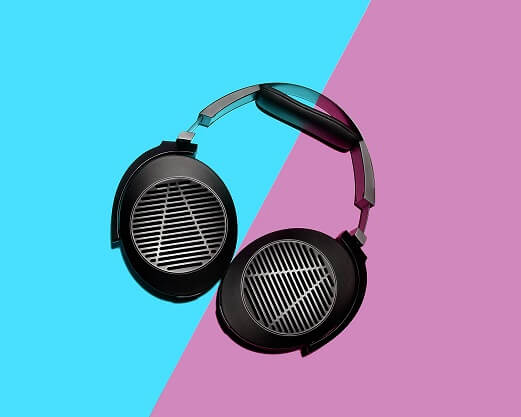
While proponents of new-age collaboration were building dreams of greatly interconnected office space, new-age workers had something else in their minds. To combat this decision, in which they had a little say, latter brought in headphones and earplugs with them: innocuous-looking weapons made of two plastic pieces. These became the new walls and pardon us however innocent they look they are far more difficult to get dismantled.
We have all worn headphones sometime or the other but millennials have taken it to the next level. A study by Digital Music News 2016 says that on average day millennials listen to 75.1% more music than baby boomers and 55.4% of employees use headphones daily at work. Here are their reasons:
These stats leave us in a conundrum. Where while on one hand, they reinforce the need for a personal solitary productive state, on the other, they hurt the collaboration among team members.
Let’s look at the two sides of this dubious coin.
The Melodious Benefits:
Modern workplaces are noisy. There are no two views upon it. Constant overhead phone calls, water cooler discussions, coughing, sneezing and throat clearing colleagues, ringing and vibrating cell phones, that one colleague with the loudest laugh and outside traffic and construction noises. To top it all there are no doors that you can shut and clamp your sanity.
A study from Oxford Economics 2018 found that the need to “focus and work without interruptions” is a top concern among 2/3rd of respondents and this number trickles through different generations. Millennials have their reason: “music makes them focus and perform”. Music has also been linked to reducing stress. In another study music actually helped surgeons and nurses focus better in the operating room.
Not everybody is keen on joining talks at all times. It may disturb their focused and urgent work. Even if they’re not bugged by it, conversations may still detract the employee from work at hand, even when the conversation might be work-related and can help her in the future.
Those who prefer music find it improving their productivity. 80.5% of audiobook listeners and 81% of retail workers in the cloudcovermusic.com survey 2019, affirm this. Only 3% think it does otherwise.
The Grating Flaws:
Researchers at Fu Jen Catholic University 2011 in Taiwan conducted a study on the percentage of workers with strong feelings (love or hate) to music while working and its correlation with their productivity. The results showed they scored lower on attention compared with the people who were oblivious to it. The study added that it is natural for people to get diverted to music if they strongly like or dislike it. This hurts their ability to focus on the task at hand. Another research by Robert Desimone n.d., former director of the McGovern Institute for Brain Research at MIT, confirms that music with lyrics (words in a language the worker understands) draws away a person’s ability to concentrate.
Wearing headphones or earphones are also seen as “a major office- etiquette problem”. This is seen as a damper in spontaneous creativity, idea exchange and teamwork which naturally follow conversations in the workplace.
Evaluating the Balance:
Throughout history, music has always been the subtle root connecting people at different levels and now it has become the prime disconnect factor among the workforce. While in the past it helped make friends, now it is making us friendless. It’s time we demarcate the extent of these fences that we keep building around us. Who can lay a human resource plan better than HRs? Here’s what we suggest:
But most of all don’t take it personally. If millennials love music and sweet escapes, let them have it their own way. Create a balance. As long as they do great jobs, their proclivities shouldn’t matter.
This website uses cookies to enhance website functionalities and improve your online experience. By browsing this website, you agree to the use of cookies as outlined in our privacy policy .